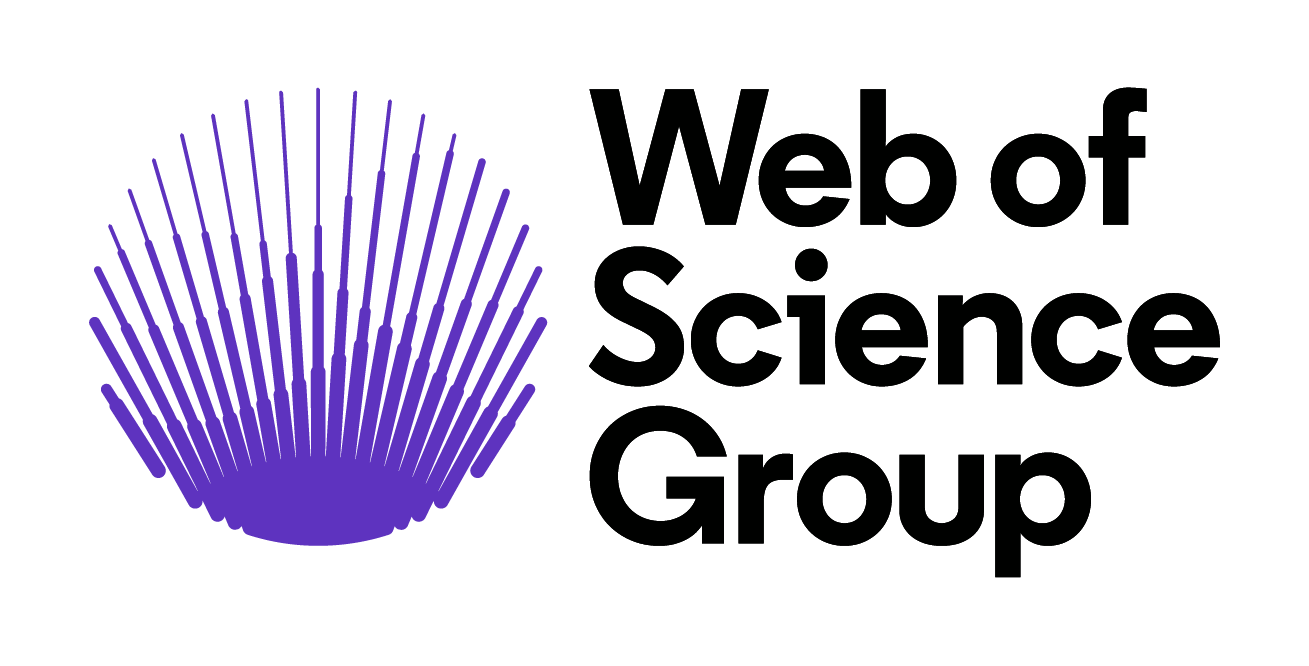Special Issue: Education 2018

This 2018 Education Special Issue of Al Shajarah covers a broad range of important contemporary educational concerns. It covers issues related to educational management and leadership, moral values in education, innovative pedagogies, integration of Islamic values, educational achievement, and setting of educational standards.
In the field of educational management, a number of papers have been included. One discusses the concept of collegiality from the Islamic perspective; how it is related to the Islamic concept of ‘Jamaah’ and its practice in educational institutions. Another paper gives a critical review of the Scientific Management Theory which was propagated by Frederick Winslow Taylor (1856-19915). It focuses on Islamic theories of administration, and critiques the values and ethics presented by Taylor, from the Islamic perspective. Educational leadership is discussed in another paper, which puts forth a model of leadership from the Islamic perspective based on authentic Islamic texts and primary sources. In another paper, the relationship between emotional intelligence and self-leadership is examined within the context of a Malaysian university. A current topic which is of significant interest in the globalized world relates to the internationalization of higher education. This topic is discussed in relation to Bangladesh higher education in the context of strategic leadership to determine the success of internationalization of its higher education.
Values in education is another prominent topic in this special issue. In an empirical study of how Islamic values can be instilled through problem solving in mathematics, improvements were reported in moral reasoning, classroom behaviour, interactions among students, and attitudes towards the assigned tasks and classroom activities. Western values in English language textbooks and their influence on Muslim students’ vision of their Islamic identity are investigated in another paper. The findings showed that Muslim students’ perception of Western values varied between acceptance and rejection. The importance of values is the context of Malaysian Adolescents’ moral awareness and cultural conformity is also discussed in this special issue. Results showed that respondents’ conformed positively to their cultural expectations and had positive moral awareness. Given the current Malaysian political scenario, a paper on anti-corruption education is timely. The paper compares Anti-corruption Education in both Indonesia and Hong Kong in relation to policies, strategies and practices in these two countries to educate the people about the evils of corruption and the need to fight corruption.
Pedagogical issues involving innovative approaches are discussed in two papers. The first talks about a ‘blended-learner-led learning’ or ‘B3L’ by adapting the Flipped Classroom Method; whereas the second investigates the perception of Islamic Education teachers on the use of music and songs in the teaching and learning of Islamic Education. This paper discusses its implications from the Islamic perspective, which should not contradict with the teachings of Islam. Pedagogical issues are also discussed with respect to self-related variables that affect the teaching and learning of statistics; as well as the Islamization of human knowledge. In the latter, the perceptions and practices of IIUM academics with regards to integration of Islamic values are deliberated.
Matters on educational achievement and the setting of educational standards are also included in this special issue. In one study, a comparative analysis of the Malaysian school guidance with the Finnish’s, in relation to the PISA assessment programme in enhancing academic achievement in both countries, is reported. In another study, the use of Modern Test Theory together with the Objective Standard Setting Method to set cutscores and standards are discussed.



